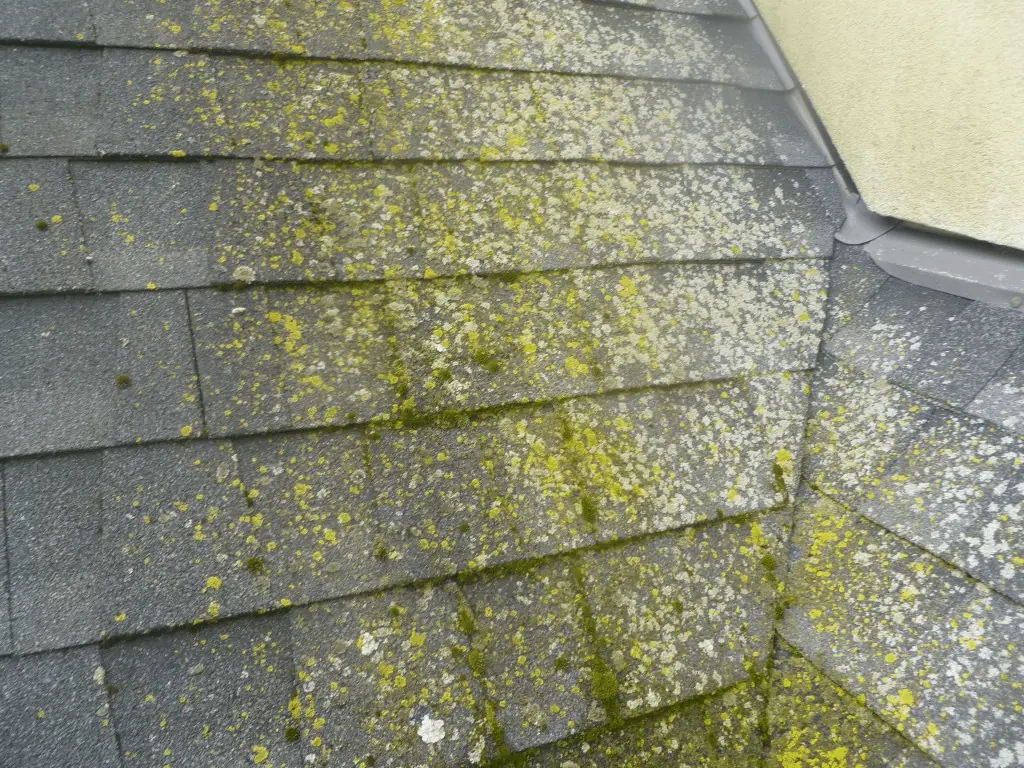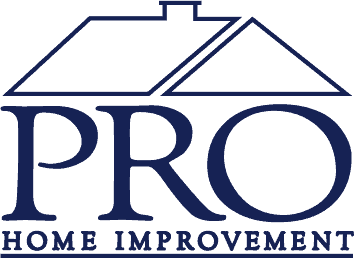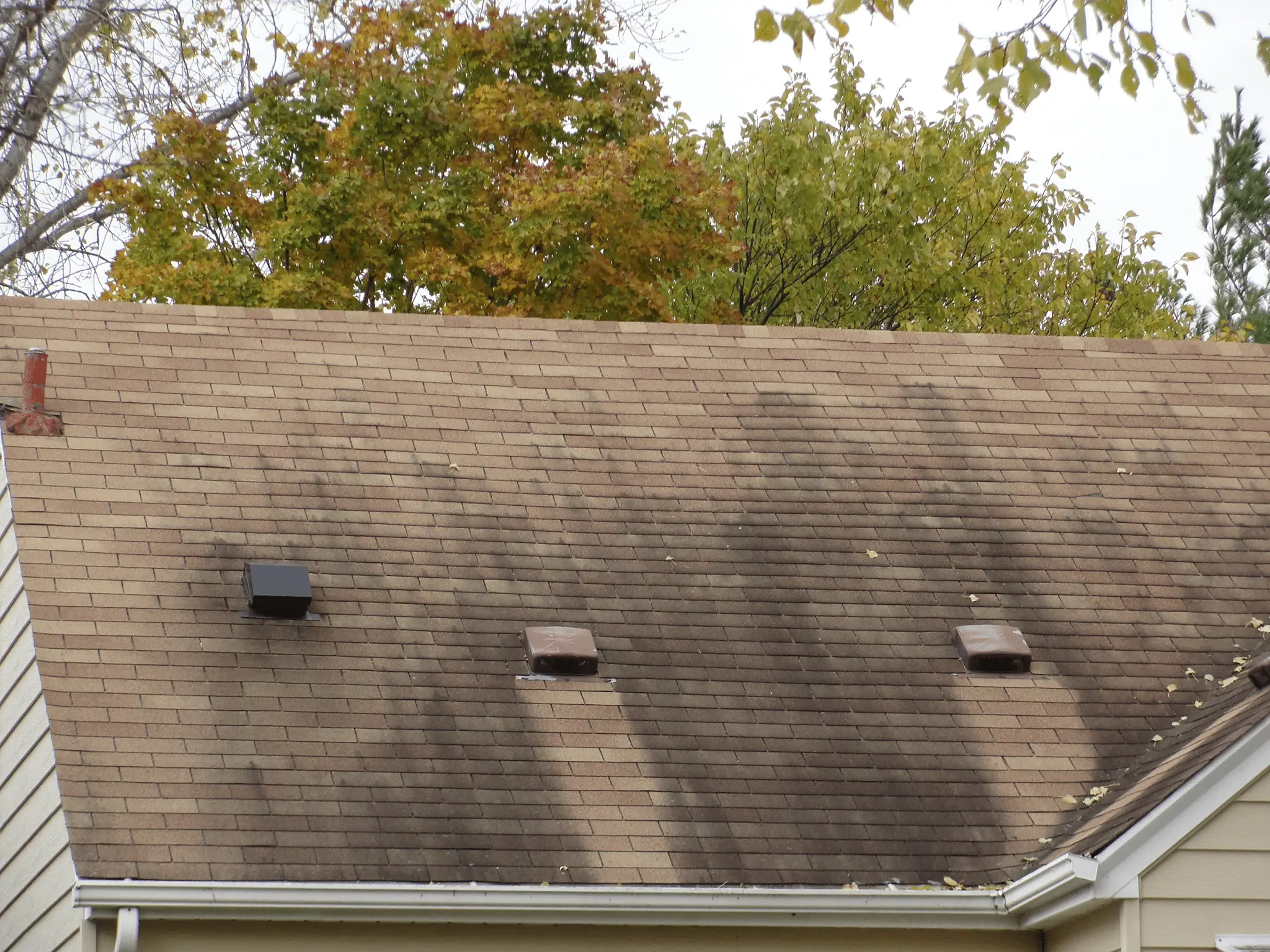In southeast Michigan, blue-green algae can sometimes appear on the outside of your roof shingles. The best way to approach this is to use a highly basic chemical solution, such as zinc sulfate.
When people see moss on their roof, they may not be aware that it will damage their roof and even will promote rotting.
When algae grow, it becomes food for the moss. The moss, as it grows, then collects rainwater like a sponge. Holding a large amount of water against the roof shingles for a long period of time can lead to water penetration up underneath the shingle. It can even get heavy enough to cause damage. This leads to mold and decay in your roof decking and attic area and ultimately, a very expensive repair.
This means that if you see algae or moss growing on your shingles, you need to remove it, and here is how.

Cleaning Your Roof without Damaging the Shingles
The first caveat is to NEVER ever use a high-pressure washer on your roof. It’s a terrible idea and here’s why. Shingles are composed of asphalt granules. If you pressure wash your shingles, you will strip of many of the granules, removing the protective outer coating of your roof. Pressure washing your shingles could be equivalent to 10-20 years worth of weathering on your roof, so don’t do it. Sweeping off the moss is a gentler method, which can work, but broom bristles can wear away the granules as well, so it’s not a perfect solution.
Zinc Sulfate is the Most Effective Moss Killer for Roofs
Zinc sulfate is most commonly available in powder form. To begin cleaning your roof, apply the powder directly and generously to the mossy areas. Use three pounds of powder for every 600 square feet of roof. Spread it along the top or ridge of the roof and you can use the rain to dissipate and spread the zinc sulfate.
This application will generally take care of the algae for 1-3 years. The zinc will need to be applied yearly to keep the algae from taking hold again, much like the regular maintenance for pools that require choline.
Are there any Downsides to using Zinc Sulfate?
Zinc sulfate can damage and kill plants if it hits them directly. Typically, homeowners are recommended to cover plants with a tarp or plastic to protect them. Also, it is best to apply the zinc sulfate on a relatively calm day so the wind doesn’t carry the powder to places where you don’t intend to place it.
Early Removal is the Best Policy
Fixing the algae issue early is an important way to ensure your roof will last for a long time. The longer you delay in removing it, the more damage can be occurring in the meantime.
If you have roof or algae questions, please call the Pros at 888-776-1998 or visit our estimates page to get an appointment scheduled.

